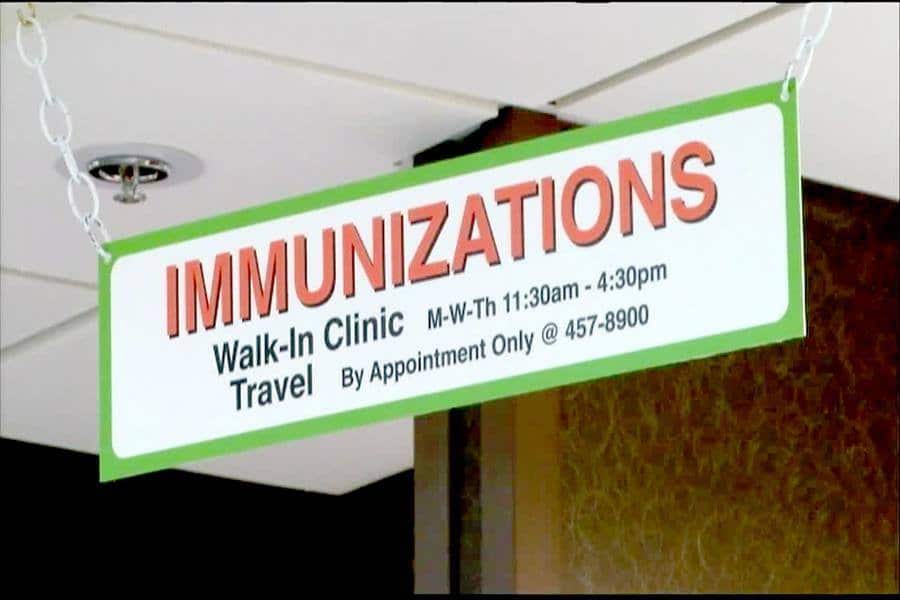Iquitos, Dengue, Malaria and Yellow fever info
Iquitos, dengue, malaria and yellow fever.
If you travel to the Peruvian jungle, it is best to ask the doctor who takes your health history at least 4 weeks before traveling.
It is important and mandatory to get vaccinated if you travel to the jungle or out of the country. More information about vaccines available at the International Vaccination Center, located in the city of Lima, Avenida del Ejército block 17, district of San Isidro.
1. It is basic to get vaccinated against yellow fever. Above all, if you plan to go into the jungle or visit a natural reserve. The dose is maintained for 10 years in your body. It is better to be immunized ten days before the trip. It is only not recommended in the case of pregnant women or babies under 4 months.
2. Malaria is another of the common diseases in the jungle, it is transmitted through the bite of the anopheles mosquito. There is a risk of malaria in all regions of the jungle.
3. For short periods in the jungle (less than 5 days) it is not advisable to be immunized against malaria, but the disease can be prevented by applying repellents. If you sweat a lot, you have to repeat the application several times a day (every 3 or 4 hours). In the afternoons the possibility of being stung increases, so you must avoid entering the river.
4. Another common disease in the tropics is dengue. The precautions are similar to those of malaria, but the mosquito that transmits the disease can sting at any time of the day. The disease usually lasts around ten days and can be treated with acetaminophen. If bleeding occurs, consult a doctor immediately. The recovery is usually completed in a few weeks.
5. Before buying a repellent, look at its components and look for it to contain at least 30{c0703f7f9c2066f1973534d24c719b55597fc2c19666777f4898692757df1612} of diethyltoluamide or DEET or with eucalyptus derivatives. Another alternative is bar or spiral insecticides that burn. Use them cautiously inside a tent.
6. It is advisable to wear clothes that cover the arms and legs and especially sleep with mosquito nets. Try to sleep in closed places or that the windows have screens that prevent the entry of mosquitoes.
7. Avoid raw foods and make sure the water you drink is from a reliable source, always prefer bottled water. This will prevent the so-called traveler’s diarrhea and typhoid.
8. There are small arachnids that live in the cut grass, these can also be a very irritating problem; They adhere and bury the head at the ankles before slowly climbing up the legs to the groin, which causes it to burn too much. You can remove them one by one as the natives do, or apply sulfur cream.
9. Parasitosis is very common, so it is better to boil water and use sterilizing tablets or crystals. Parasites can enter through the soles of the feet; It is best to wear shoes instead of sandals. Get a medical check-up at a center specializing in tropical diseases when you return home.



